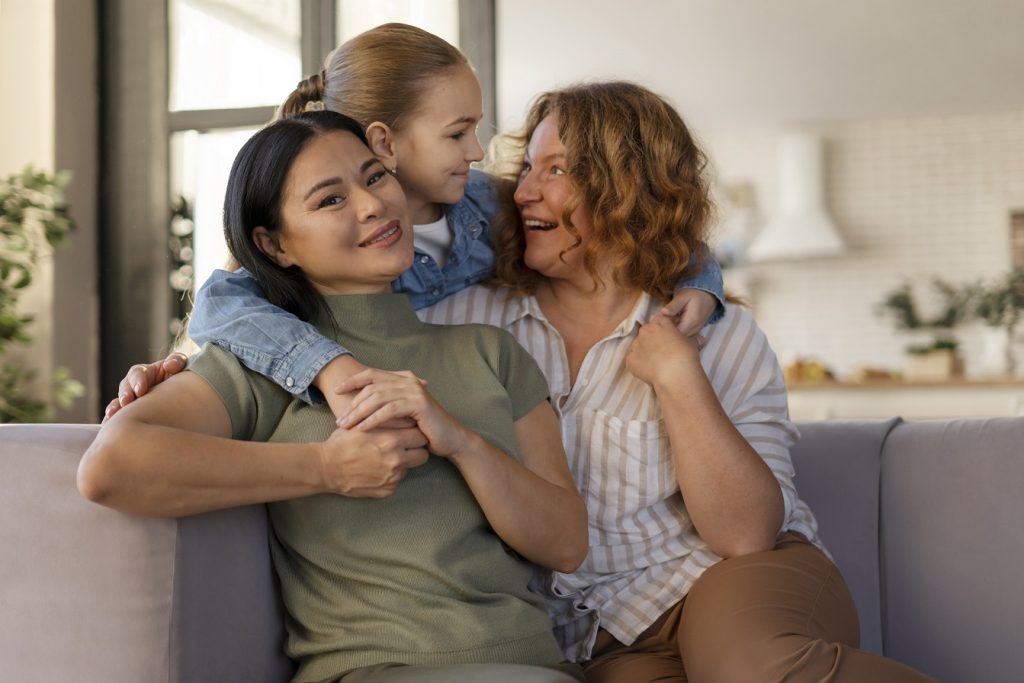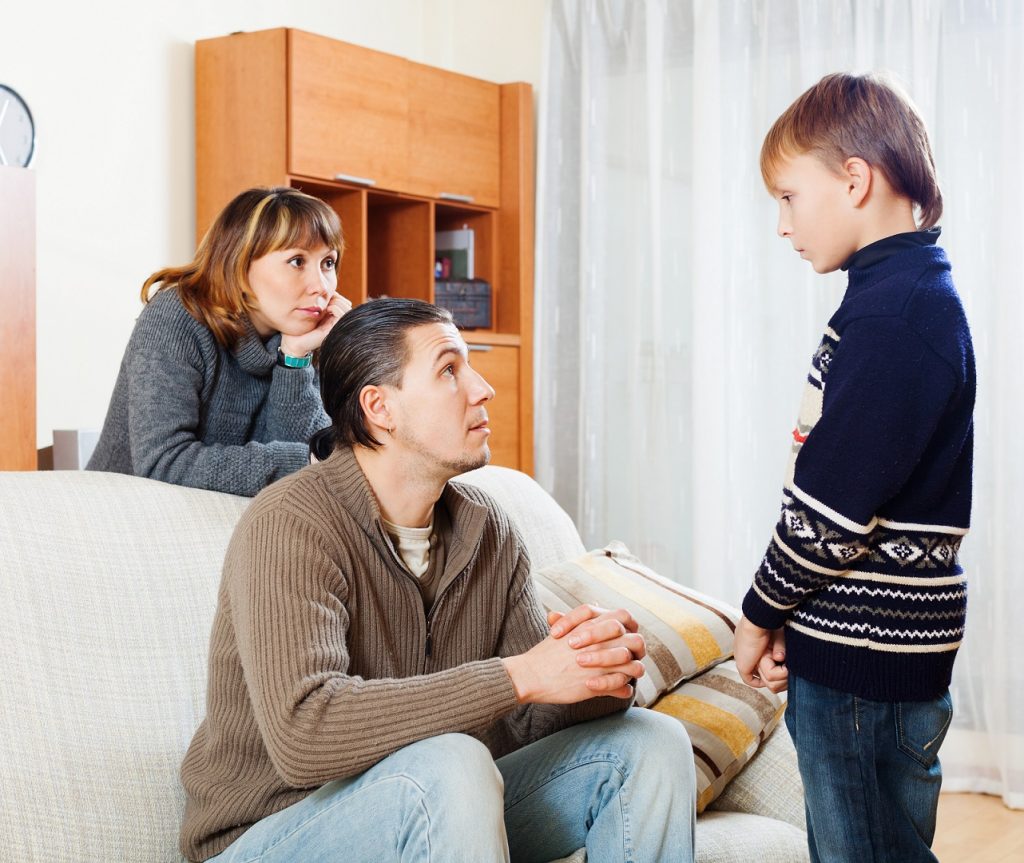How mediation can help parents resolve conflicts with their children, make joint decisions and improve their communication and relationship.
As socialization and protection agent for their minors, the family It has played a representative role since the beginning of human beings, although it has not always been identified in the same way. At a time when the patriarchal family has entered into crisis towards another more democratic model, a series of aspects are analyzed that in one way or another favor the fact that we find ourselves in a situation where day after day countless families go to support programs to try to modify the internal coexistence process, due to the innumerable conflicts that exist between the different members.
We understand family as the first area of socialization of the minor and where the highest level of learning is developed to shape their identity and personality. To maintain its continuity and redefine its purposes in accordance with social advances, the family must combine firmness and plasticity, being the point where the external, the regulatory and social framework, come together with the internal, privacy and emotions. Thus, it is configured as the area that filters the situations that the minor experiences at a social level while preparing him to function effectively on the same level, being difficult in many cases to define its limits, since we are all immersed in both spheres. In our society, the family is understood globally as the unit formed by a social group of two or more people linked by a bond of kinship and who live together, constituting a home. However, beyond kinship, the family also consolidates other aspects of identity, such as the relationships and interactions established with the reference social group. (Trujillo, 2013).
Family problems
If we accept the need to have codes and normative references as a basis for developing life in common, we must focus attention on the functional and dysfunctional aspects that each family reality carries with it. The relationship model at home and the quality of the emotional bond between the members of the family group depend, to a large extent, on the personal background of each and every member of the family group. And the social order currently assumes functions that had been exclusive to parents, who, by recognizing or accepting the rebellion of the home, can delegate to the law the ability to regulate or order their family life.
Sometimes, the process of advancing the autonomy of minors does not advance progressively. Many fathers and mothers feel unable to facilitate a harmonious relationship with their children.. Beyond the causes, the appearance of everyday problematic situations is a clairvoyant sign that the time has come to seek changes in our way of facing these situations and, sometimes, these changes can originate through mediation.

If the role of parents is not sufficiently defined or is shaken by a multitude of circumstances: divorce, conflicts between the couple, absent parents... that is when, to a certain extent, the risk of the appearance of violence within the family begins. The appearance of this family process triggers a series of complexities in the coexistence environment, one of the most notable is the progressive loss of self-esteem on the part of all family members.
Benefits and possibilities of family mediation. What parents in conflict can do with their children.
He mediation process It will not be possible to occur in situations of cognitive-emotional alteration: psychiatric pathologies, nor in situations where there is a clear role of aggressor-victim, as is the case of child-parent violence. We already offered, at the time, techniques and tools to work in these cases (as long as a simultaneous or previous therapeutic process has existed or exists). https://eimediacion.edu.es/ser-mediador/noticias-de-mediacion/blog-mediacion-familiar/tecnicas-para-la-mediacion-en-casos-de-violencia-filioparental/
Family mediation is a way to end a marriage without turning the members of the couple into adversaries. This framework offers the opportunity to negotiate your own separation or divorce agreement, assuming that the decision to separate or divorce has already been made (Haynes, 1995).
Between the benefits that we can highlight in family mediation between children and parents, we have the following:
- Find a neutral space run by a professional where everyone can discuss what is happening from their personal perspective.
- Develop social tools based on everyday reality, such as: empathy, assertiveness, active listening...
- Significantly reduce tension and confrontation between parents and children.
- Look for alternative solutions that make it possible to meet the needs of both parties.
- Hold all parties involved in the conflict accountable.
- Improve the quality of the relationships of the parties involved in the conflict.

All of this can be achieved through a series of actions, conducive to the mediation process:
- Find the right emotional moment to share the demands from parents to children and from children to parents.
- Express the interest that each party has in the demands and requests of the other party. Also interested in their concerns, tastes, lifestyle...
- Create a good communicative atmosphere through open questions, which allow the other party to express their emotions and relate everything they consider appropriate, from their point of view.
- Use clear, descriptive and coherent language adapted to the maturational level of the children.
- Promote meeting spaces beyond those provided by the mediation process and promote joint experiences beyond daily tasks and obligations.
- Trust the other party despite the “setbacks” or difficulties that have been experienced in the past, both on a personal and group level.
- Socially reinforce positive behaviors, starting from the existing relationship at home, with the aim of generalizing its development and extending it to other contexts.
In this way the Common family interests can be promoted in a much more effective way and, with this, a greater feeling of social justice, in such a way that the existing roles are valued and there is continuous reflection on better organizing the coexistence space and, with this, provoking a greater feeling of competence regarding said role, already mentioned.
Train yourself in family mediation and specialize in conflict resolution in the International School of Mediation.




